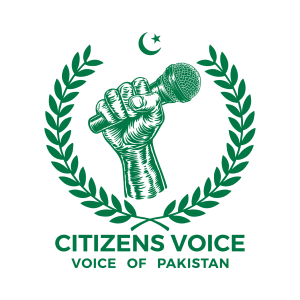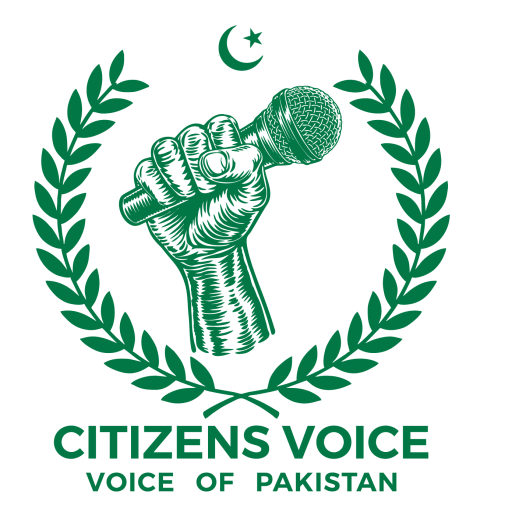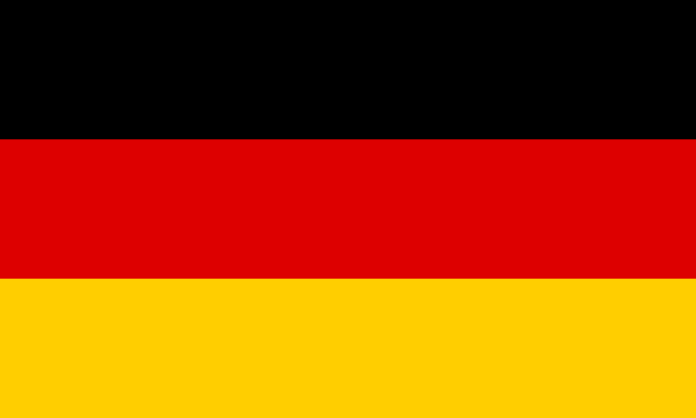Flag For Germany
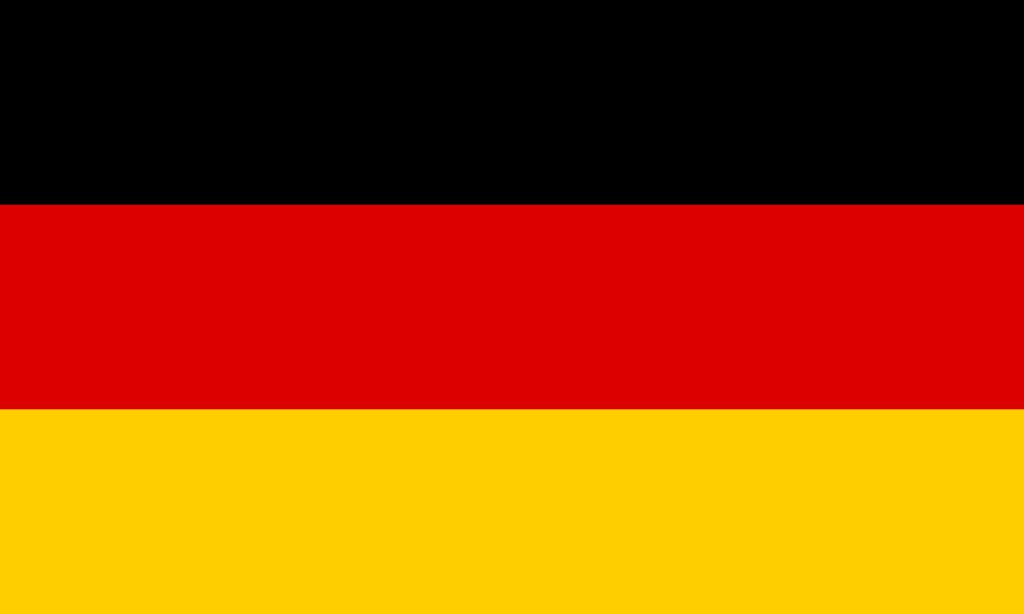
100 Facts About Germany
- Name: Germany’s official name is the Federal Republic of Germany.
- Capital City: Berlin is the capital and biggest city in Germany.
- Population: Germany has over 83 million people, making it the most populated country in the European Union.
- Language: The main language spoken is German.
- Currency: Germany uses the Euro (€) as its money.
- Location: It is in Central Europe and shares borders with nine countries.
- States: There are 16 states in Germany, called “Bundesländer.”
- Government: Germany has a federal parliamentary republic government system.
- Chancellor: The Chancellor is the head of government.
- President: The President is the head of state.
- EU Member: Germany helped start the European Union.
- Economy: It has the biggest economy in Europe and the fourth largest in the world.
- Industry: Germany is known for its engineering, cars, and manufacturing.
- Car Brands: Famous German car brands include Volkswagen, BMW, Mercedes-Benz, and Audi.
- Oktoberfest: The largest beer festival, Oktoberfest, takes place in Munich.
- Beer: Germany loves beer and has over 1,500 breweries.
- Reformation: Martin Luther started the Protestant Reformation in Germany.
- Music: Germany has a rich history in classical music with famous composers like Bach and Beethoven.
- Christmas Markets: Germany is famous for its Christmas markets and traditions.
- Castles: There are over 25,000 castles in Germany.
- Neuschwanstein Castle: This castle inspired Disney’s Sleeping Beauty Castle.
- Education: Universities in Germany are free or low-cost.
- Philosophy: German philosophers include Kant, Nietzsche, and Marx.
- Literature: Germany has famous writers like Goethe and Mann.
- Science: Albert Einstein, a famous scientist, was born in Germany.
- Printing Press: The printing press was invented by Johannes Gutenberg in Germany.
- German Language: It’s the most widely spoken native language in Europe.
- Flag: The flag has three horizontal stripes: black, red, and gold.
- Food: German foods include sausages, sauerkraut, and pretzels.
- Bread: Germany has over 300 types of bread.
- Car Production: Germany makes more cars than any other country in Europe.
- Reunification: Germany was divided into East and West and reunified in 1990.
- Berlin Wall: The Berlin Wall separated East and West Berlin from 1961 to 1989.
- World Wars: Germany played major roles in both World War I and World War II.
- Architecture: German buildings range from medieval to modern styles.
- Bavaria: Bavaria is a region known for its beer and traditional dress.
- Black Forest: The Black Forest is famous for its dense woods and cuckoo clocks.
- River Rhine: The Rhine is an important river for trade.
- UNESCO Sites: Germany has many UNESCO World Heritage Sites.
- Football (Soccer): Football is the most popular sport in Germany.
- Bundesliga: The Bundesliga is Germany’s top football league.
- Famous Athletes: Germany has famous athletes like Boris Becker and Steffi Graf in tennis, and Michael Schumacher in Formula 1 racing.
- Beer Purity Law: The Reinheitsgebot is a beer purity law from 1516.
- Gummi Bears: Haribo, a German company, invented Gummi Bears.
- Recycling: Germany has one of the highest recycling rates in the world.
- Green Energy: Germany is a leader in renewable energy, like wind and solar power.
- Language Day: German Language Day is celebrated on September 26.
- Pharmacies: Germany has a long history of pharmacy and medicine.
- Nature: The country has 16 national parks and many nature reserves.
- Public Transport: Germany has an excellent public transportation system.
- Autobahn: The Autobahn is famous for having no speed limits in some areas.
- Music Festivals: Germany hosts big music festivals like Rock am Ring and Wacken Open Air.
- Film Festival: The Berlin International Film Festival, also called Berlinale, is a major film event.
- Fashion: Berlin is becoming known for fashion and design.
- Languages Spoken: Many people in Germany speak English and other European languages.
- Diversity: Germany is home to people from many different backgrounds.
- Religion: The main religions are Christianity, Islam, and other faiths.
- Art: Germany has a rich history in art, including movements like Expressionism.
- Museums: It has many famous museums, like the Pergamon Museum in Berlin.
- Modern Architecture: German modern architecture is known for being innovative and eco-friendly.
- Engineering: German engineering is world-renowned.
- Punctuality: Germans are known for being on time and efficient.
- Bavarian Alps: The Bavarian Alps are great for skiing and hiking.
- Harz Mountains: The Harz Mountains are full of myths and legends.
- Healthcare: Germany has a very good healthcare system.
- Education: The country values education and has many universities.
- Carnivals: Germany has fun carnivals, like Karneval and Fasching.
- Public Holidays: Public holidays can vary by state.
- Weather: Germany has mild summers and cool winters.
- Regional Foods: Germany is known for a variety of regional dishes.
- Beer Brewing: Beer brewing is a traditional craft in Germany.
- Wine: Germany produces wines, especially from the Riesling grape.
- Opera: Germany has a rich opera tradition, with composers like Wagner.
- Theater: German theater is known for its creativity and quality.
- Media: Germany has a diverse media landscape.
- Berlin: Berlin is known for its vibrant culture and history.
- Hamburg: Hamburg is a major port city with lots of cultural activities.
- Cologne: Cologne is famous for its cathedral and carnival celebrations.
- Frankfurt: Frankfurt is a big financial hub.
- Munich: Munich is known for beer gardens and cultural events.
- Dresden: Dresden is known for its beautiful old buildings.
- Leipzig: Leipzig has a strong musical history.
- Heidelberg: Heidelberg is known for its university and charming old town.
- Stuttgart: Stuttgart is a center for the car industry.
- Hanover: Hanover is known for hosting big trade fairs.
- Nuremberg: Nuremberg is famous for its medieval architecture and Christmas market.
- Düsseldorf: Düsseldorf is a center for fashion and art.
- Bremen: Bremen has a rich maritime history.
- Cultural Diversity: Germany is becoming more multicultural.
- Technology: Germany is a leader in technology and innovation.
- Exports: It is one of the world’s top exporters.
- Safety: Germany is considered a safe place to live.
- Environmental Awareness: Germans are known for being eco-friendly.
- Sports Variety: Besides football, Germans enjoy sports like handball and cycling.
- Old Universities: Germany has some of the world’s oldest universities.
- Democracy: Germany has a strong democracy and legal system.
- Literature: Germany has a rich tradition of literature.
- Fashion Scene: Berlin is becoming a fashion hotspot.
- Regional Diversity: Germany has a lot of regional diversity in culture and customs.
- Global Influence: Germany plays an important role in global politics and culture.
